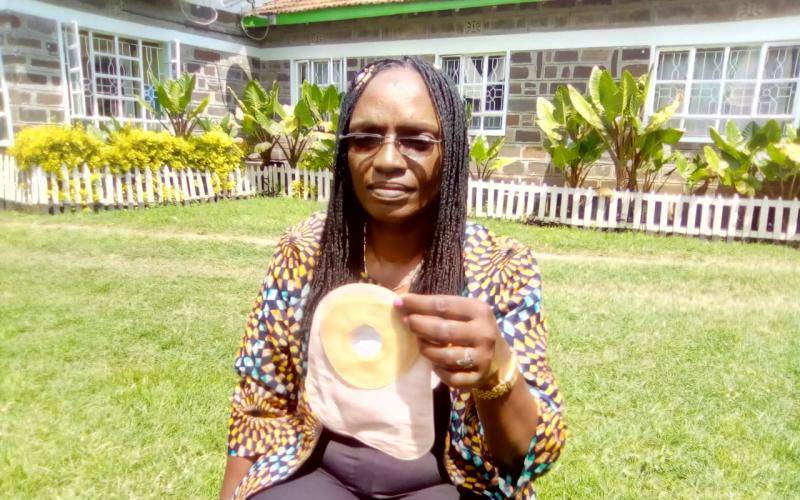
Sally Kwenda was 38 when she was diagnosed with stage II cervical cancer. The discovery was by chance as she had gone for screening after participating in a cancer sensitisation initiative organised by her former employer. The doctors recommended immediate surgery. When she was about to undergo the procedure, the doctor said that they had to remove her uterus, a procedure known as a hysterectomy. This was necessary to prevent the cancerous cells from spreading.
Hysterectomies are fairly common. In cancers of the uterus, cervix or ovary, they are recommended when the disease has spread and targeted therapy is not an option.